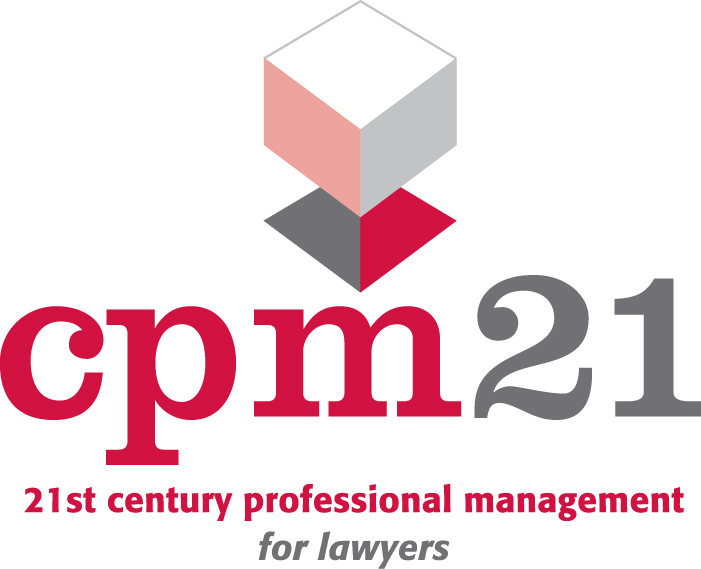SRA Update on FWRA and AML Training

Ian Hopkins Senior Associate Consultant with cpm21 was a delegate at the recent LEGALEX digital conference at which Ross Gillson Head of AML Policy at the Solicitors Regulation Authority was a keynote speaker.
In this article Ian shares his thoughts on the main AML themes identified by Ross Gillson in his presentation “AML 2023 – The Year So Far.”
“There has rightly been a lot of focus on Firm Wide Risk Assessments (FWRA) in the legal profession, so it was very encouraging to hear the SRA confirm that the vast majority of law firms now have an AML FWRA in place.
Undoubtedly the fines and adverse publicity received by firms that did not have a FWRA in place as featured in the Law Society Gazette, has acted as a wakeup call for those firms dragging their feet.
Accordingly, the SRA believes that the FWRA question has now shifted from “do you have a FWRA in place? to “Is the FWRA any good?”
It’s clear from the comments by the Head of AML Policy that the SRA will not take the existence of a FWRA at face value, but instead will consider whether the assessment is fit for purpose.
Having reviewed hundreds of FWRAs over the recent past, the SRA recognise that many firms have used FWRA templates, including their own template available on the SRA website.
The SRA don’t have a problem with this in principle, but law firms need to be on their guard. If a template has been used it must be adapted and tailored to the circumstances of the firm – a standardised tick box template will not satisfy the SRA.
Delivery channels, particularly remote clients and how these are dealt with for AML purposes, and intermediaries were two areas identified by the SRA for improvement in FWRA.
Another point that came across strongly from the Head of AML Policy is the importance the SRA places on AML training.
From their research the SRA believes there is a direct correlation between a robust AML regime and the extent and regularity of AML training in law firms.
It’s important to ensure that everybody in the firm, whether fee earning, or support has access to AML training if it is relevant to their work. The more people that are trained in law firms the better the regulatory regime is likely to be with AML training extending further than just the fee earners.
In the SRA experience, research has shown that firms which have at least an annual cycle of training are more likely to have a better AML regulatory regime in place.
Whilst it’s encouraging that law firms are taking FWRA more seriously it’s clear that the profession has some way to go in raising the standard of the FWRA across the board and providing specialised AML training on a regular basis.”
Firms should obviously ensure that their AML PWRA’s take into account the changes to the MLRegs that came into force on the 1st April 2023 and the updated LSAG 2023 AML Guidance.
All firm’s (including legal aid firms) should also address the need for a Firm-Wide Sanctions Risk Assessment particularly given the questionnaires sent to COLPs by the SRA which have to be completed and returned to the SRA by 31st May 2023.
If you would like to discuss any of the themes in this article please contact Wayne Williams, Paul Jones, Andrew Clarke, or Ian Hopkins of cpm21.




